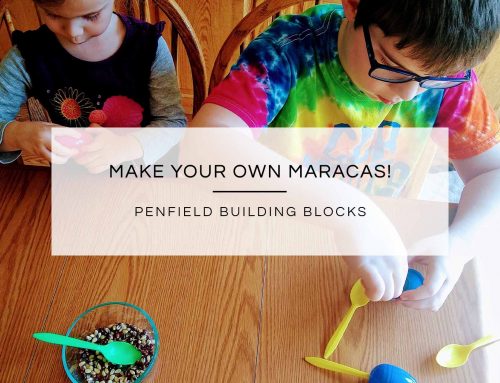By: Stephanie Shabangu, Penfield Children’s Center
Reviewed by: Heather Rotolo, LCSW, Clinical Director-Behavior Clinic at Penfield Children’s Center
The death of a parent is never easy. Whether it comes after a long illness or happens unexpectedly, loved ones often go through a series of emotions to come to turns with the new reality. As adults, it can be difficult to know how to support the child, especially if we are also grieving the loss of that person. While the situation might seem overwhelming, there are tried and true ways to help navigate this difficult process.
Let the child know she is not alone. She has a circle of support that will always be there for her. Whether it is aunts, uncles, grandparents, the other parent or another caregiver in her life, there are others grieving with her and wanting to help her through this hard time. Oftentimes, when one person in the family is struggling, another might be able to offer comfort and vice versa. The grieving process allows us to feel vulnerable and strong at different times.
Talk and most importantly, listen. Sometimes well-meaning people feel it’s better to not mention the elephant in the room, whether it is a death, serious illness or other issue that is difficult to talk about. They think it might be better to focus on the positive things in life and think that by talking about the situation, the child might feel worse. But, we must remember that the death of a parent is not something we can simply brush to the side and forget about until it’s convenient to talk about. It’s very painful and very real. While talking brings tears, it is also very therapeutic. Allow the child to discuss her feelings and ask open-ended questions that allow her to work through her emotions without someone else’s opinions getting in the way. The second we start talking about trauma and tragedy is the second we start to heal.
When the child is ready, make a memory box. Collect photos, letters and favorite objects of the parent who died. Let the child know that this is her special box and can be opened whenever she needs the comfort of a memory. She can keep this hidden away while she works through her grief, but it is always there for her when she needs a physical reminder of her parent.
Be prepared to answer difficult questions. Children might worry that what happened to their parent can also happen to them. It’s okay to help the child feel safe. Reassure her that she is well cared for and that you are there to look out for her. Ground her in the here and now. What steps are you taking to keep her as healthy as possible? She has yearly doctor visits, she has a daily routine that she follows, she is loved.
Watch for signs that extra help might be needed. It is normal to be sad and grieve. But, is the child refusing to spend time with others, exhibiting self-destructive behaviors, withdrawing into her room too much or having trouble in school? Taking your child to a therapist who specializes in childhood trauma and loss might help her get through this difficult time and allow her to learn solid coping techniques.
It’s important to remember that everyone grieves in his/her own way, at his/her own time. There is not a “right” way to get through dealing with the death of a parent. Be patient with your child (and yourself) and take baby steps toward the new life without that parent. Time is healing in itself and allows the child to find ways of coping without that person physically in her life.
How have you helped a child heal from loss?
References:
https://www.kidshealth.org.nz/helping-child-cope-death-parent
http://www.wikihow.com/Deal-With-a-Parent%27s-Death







